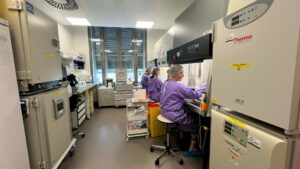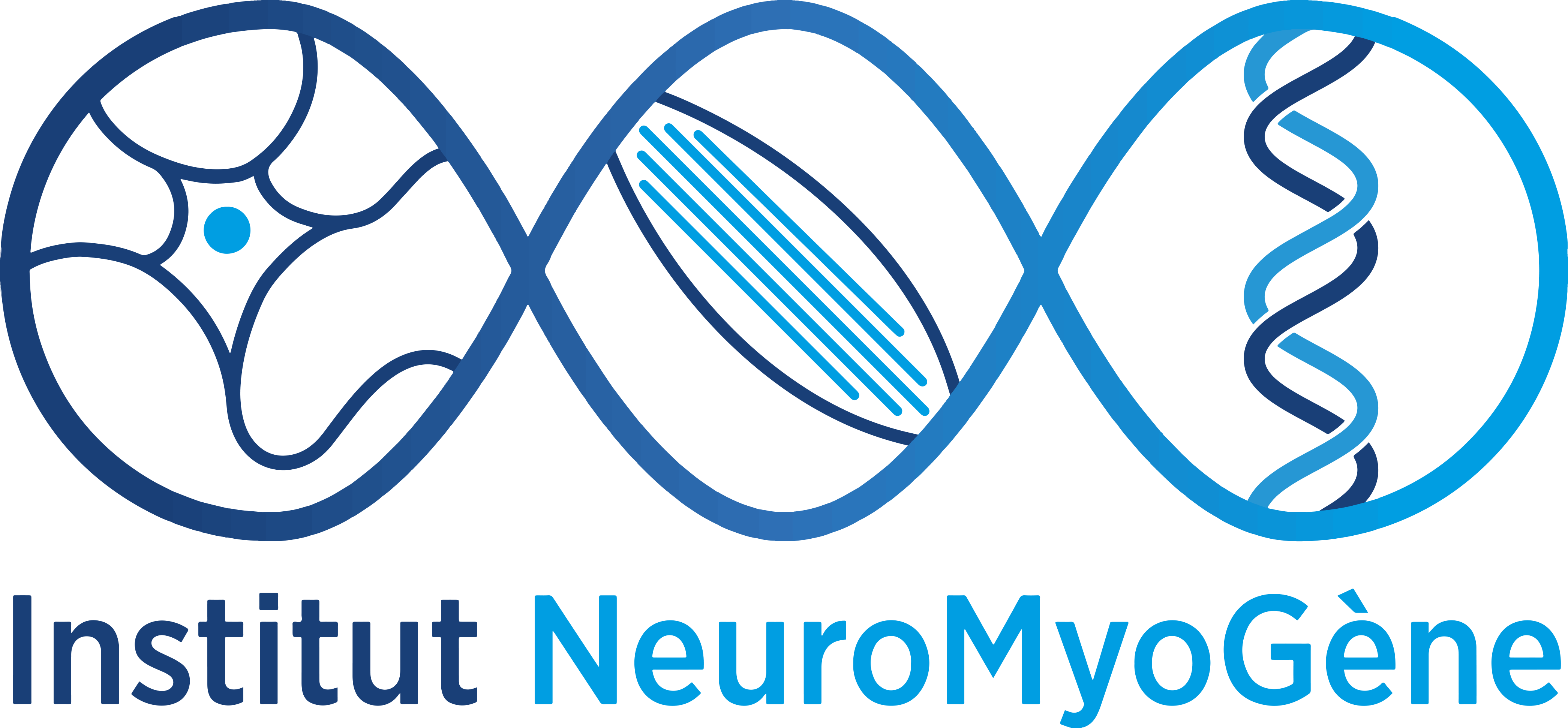PGNM PLATFORMS
OVERVIEW
The iPSC department is dedicated to research and development in biology, with a focus on induced pluripotent stem cells (iPSCs), genome editing, and complex microphysiological systems.
Our mission is to support and accelerate both basic and translational research by providing access to cutting-edge technologies and expertise in the manipulation of human stem cells and the development of organoids.

Our expertise
- iPSC Reprogramming and Characterization
- Generation of iPSC lines from skin fibroblasts or blood cells
- Expansion, validation, and quality control of iPSCs
- Full traceability of cell lines
- Ready-to-use iPSC lines (control lines, disease models, inducible lines)
- Genome Editing with CRISPR/Cas9
- Consulting on gene editing strategies
- Design of gRNAs and repair templates
- Support in the generation of knockout (KO) and knock-in (KI) cell lines for point mutations or tag insertions
- Screening methods and cloning strategies
- 2D and 3D Cell Differentiation
- Differentiation into neural progenitors
- Generation of cardiomyocytes
- Human cortical organoids
- Patient-derived organoids (PDOs)
- Complex neuromuscular systems
- Development of custom differentiation protocols
- Training and Support
- Hands-on training in iPSC culture and access to facilities
- Courses on the maintenance and handling of human pluripotent stem cells
- Courses on gene editing technologies
- Personalized support for researchers
- Upcoming Services (available from Q2 2025)
- Production of differentiated stem cells (neural, cardiac)
- Advanced technologies for spheroids and organoids
- Electrophysiological signal analysis (Multi-Electrode Array system – MEA)
- Microfluidic systems
Equipment and biological resources
The iPSC department operates in a biosafety level 2 (BSL-2) laboratory and includes the following facilities:
Cell Culture Equipment
- 3 laminar flow hoods
- 4 CO₂ incubators (2 for iPSC culture, 2 for differentiation)
- Makrolite system for clonal isolation
- Cell imaging system (Axion – pending acquisition)
- MEA system (Axion – coming soon)
General Equipment
- Cell counter
- 2 microscopes
- Electroporation system
- Centrifuge
- Dry bath
Sample Storage
- Liquid nitrogen tank for long-term cell storage
- -80°C freezer
Our approach
The iPSC department works closely with researchers, who can either conduct their experiments independently or receive support from our trained staff. We offer expertise in iPSC technologies and 3D cultures (spheroids, organoids), particularly for neuromuscular and cardiac models.
Our microphysiological systems enable the study of healthy or diseased multicellular tissues, their response to genetic mutations, injury, or pharmacological treatments. These models are powerful tools for translational research and align with the 3Rs principles (Replacement, Reduction, and Refinement).
Access & service requests
All services provided by the iPSC department are open to the scientific community, including both academic and industrial partners.
The iPSC department is accessible year-round, and services are available upon request.
📧 For inquiries or to assess the feasibility of your project, please contact us at: iPS-PGNM@univ-lyon1.fr
Our team
- Director : Laurent Schaeffer
- Coordinator : Laurent Coudert
- Operational Managers : Justine Guguin, Vanessa Del Vitto, Chloé Madras
- Scientific Leads : Gaëlle Boncompain, Arnaud Jacquier, Valérie Risson
Scientific advisory board
To ensure the iPSC department remains at the forefront of the field, we have established a Scientific Advisory Board. The board is composed of experts in iPSC culture, CRISPR genome editing, and 3D culture, as well as representatives from key user research teams.
It convenes twice a year to review ongoing and future activities and to guide the strategic development of the department, ensuring continued excellence in research services.

